Gardens are sanctuaries for many, Places where nature’s beauty unfolds in myriad colors And forms. But sometimes, These idyllic spaces are invaded by unwelcome guests And ants. While insects play A vital role in the ecosystem, Aiding in decomposition And soil aeration, An overabundance can wreak havoc on plants, Damage structures, And even lead to painful bites. You’re not alone if you’re A gardener beset by these industrious insects. Finding effective And environmentally friendly ways to control or eliminate insects from gardens is A concern for many. This guide explores proven strategies And solutions to get rid of your garden ants-free And thriving.
Understanding Ants
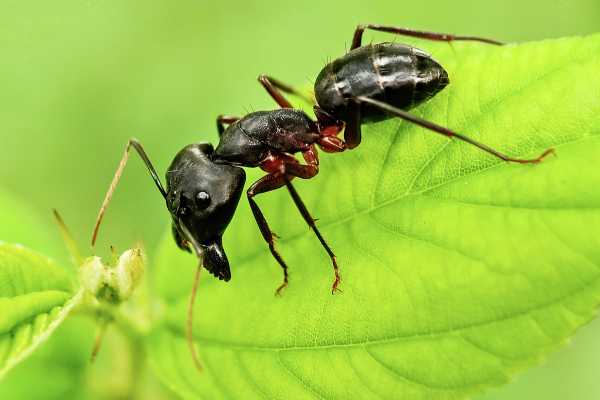
Ants are fascinating creatures that play A vital role in ecosystems worldwide. While they may be considered pesky when invading our gardens, Understanding their behavior can help us find effective And environmentally friendly ways to coexist with them.
Firstly, It is important to recognize that insects form highly organized societies with specific roles for each member. The workers, For example, Tirelessly gather food And care for the colony while soldier insects defend against potential threats. By studying these colonies, Scientists have discovered that ants communicate through chemical signals called pheromones. This enables them to establish trails to food sources or quickly summon reinforcements when necessary.
The Impact Of Ants On Your Garden
Ants can have both positive And negative impacts on your garden. On the positive side, Ants help with soil aeration by creating tunnels as they burrow through the ground. This improves water drainage And allows oxygen to reach plant roots, Promoting healthy growth. Insects also play A role in pollination, As they are known to transfer pollen from flower to flower while foraging for food.
Ants can also cause damage to your garden. Some species of insects feed on plant matter, Such as leaves or fruits, Which can result in defoliation or loss of crops. Certain ant species may protect aphids or other pests that harm plants, Creating an imbalance in the ecosystem. It is important to monitor any activity in your garden And take appropriate measures if their presence becomes detrimental to your plants.
Can Ants Benefit A Garden?
Yes, Ants can benefit a garden in several ways. Firstly, They help with pollination by moving pollen from one flower to another as they forage for food. This increases the chances of successful fertilization And enhances the overall health And productivity of plants in the garden.
Secondly, They play A crucial role in controlling pests. They are natural predators of many common garden pests such as aphids, Caterpillars, And mites. Insects feed on the eggs And larvae of these pests, Reducing their numbers And preventing them from causing damage to plants. In this way, Insects act as A natural form of pest control in the garden.
It is important to note that while they can be beneficial to A garden, They can also become problematic if their populations grow too large or if they start farming aphids for honeydew. In such cases, It may be necessary to manage ant populations through various methods like using ant baits or creating physical barriers to prevent their entry into specific areas of the keep cats out of the garden.
Here Are Some Ideas To Get Rid Of Ants In Garden
Prevention Strategies

Prevention is always the first line of defense against any pest. Start by keeping your garden clean And get rid free from any food scraps that might attract ants. Ensure there is no standing water as this can provide A drinking source for them. Regularly check plants for aphids or other bugs, As ants tend to herd And protect these pests for their honeydew. If you see aphids, Remove them immediately.
Creating An Unfavorable Environment

Ants thrive in environments that cater to their needs. Thus, Disrupting their comfort zones can deter them. One effective method is to disturb their ant hills. Turn the soil around frequently to keep it loose, They prefer compacted soils for building their nests. Consider laying down A layer of diatomaceous earth or crushed eggshells around plants. These materials are abrasive And deter insects from crawling over them.
Non-Toxic Remedies

Before resorting to chemical pesticides, It’s worth trying some non-toxic remedies. Lemon juice, Peppermint oil, Or cucumber peels can serve as natural ant repellents. Simply spray or scatter these around the garden. Another solution is A mixture of equal parts sugar And baking soda. While the sugar attracts the ants, Baking soda disrupts their digestive system, eventually killing them. It’s essential to remember that while these remedies are non-toxic to humans, They can be harmful to insects And other insects.
Natural Deterrents
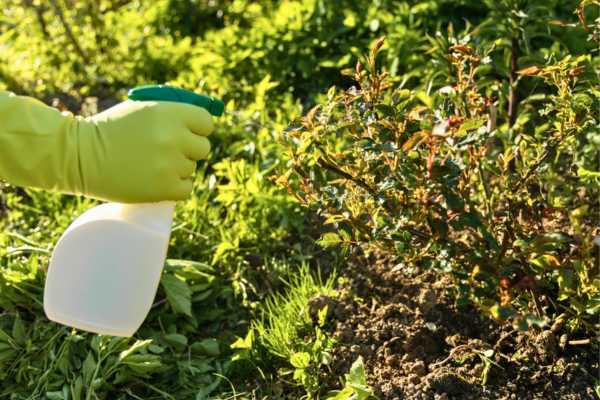
Nature has its way of balancing out pests. Introduce natural predators like ladybugs And praying mantises into your garden. These insects can help control the ant population And other pests. Planting mint, Tansy, And marigolds can also act as deterrents as ants dislike their smell. You can sprinkle used coffee grounds around the garden, Not only do they deter, But they also enrich the soil with nitrogen.
Physical Barriers
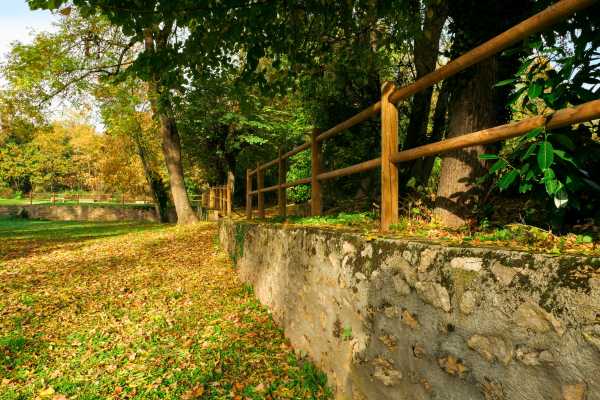
Physical barriers are A great way to prevent ants from accessing specific parts of your garden. One of the best methods is to use barrier tapes or sticky barriers around tree trunks And stems. This prevents them from climbing up And fostering aphid populations. Another option is using moats filled with water around potted plants, Which insects won’t cross. Mulch, Particularly the coarse type, When spread around the garden, Can also act as A deterrent, As insects prefer not to traverse this rough terrain.
Homemade Ant-Repelling Solutions

A mix of water And liquid dish soap sprayed directly on ants dehydrates And kills them. Another remedy involves mixing equal parts of powdered sugar And borax. While sugar attracts them, Borax acts as A toxin. Remember to keep this mixture away from pets And children. A sprinkle of cayenne pepper or cinnamon at entry points can deter insects, As they dislike the strong scents.
Beneficial Insects
Nature provides its solutions for pest control. Several insects prey on ants or disrupt their activities. Ladybugs, Spiders, And praying mantises are A few predators that can reduce the ant population. By creating A garden environment friendly to these beneficial insects, You can naturally reduce the need for artificial ant control measures.
Applying Insecticides Safely
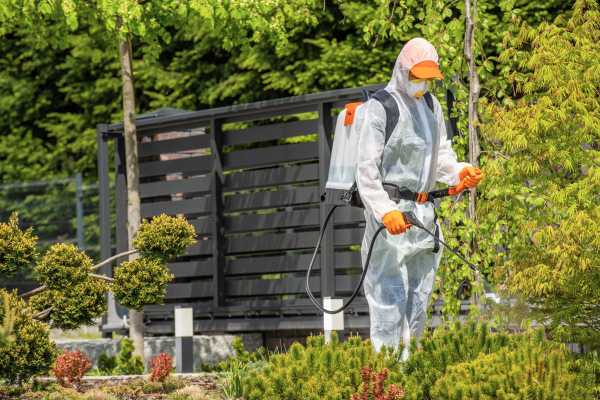
Always opt for eco-friendly And organic insecticides to minimize harm to the environment And beneficial insects. Read the label instructions meticulously And apply only the recommended amount. Focus on ant trails And nests rather than randomly spraying, And always store insecticides in A safe place, Away from the reach of children And pets.
Baiting Techniques
Baiting is A strategic approach that targets ants indirectly. Instead of killing them on contact, They carry the bait back to their colony, Inadvertently poisoning the entire nest. When choosing A bait, Opt for slow-acting poisons mixed with sweet or oily substances to attract the insects. This ensures that the worker ants have ample time to distribute the bait throughout the colony before the effects set in. Place baits near ant trails, But ensure they’re out of reach of pets And children.
Advanced Solutions

There are several advanced ant deterrents available in the market. Sonic repellers, Which emit ultrasonic waves, Are A non-toxic way to deter them. These frequencies are unpleasant for them but are generally inaudible to humans. Another solution is the use of nematodes, Microscopic worms that prey on ant larvae, Helping in naturally reducing the population.
Organic Chemical Control

Diatomaceous earth, Made from crushed diatoms, Can be spread around plants And ant-prone areas. When they crawl over it, Their exoskeletons get damaged, causing dehydration. Neem oil is another organic option. It disrupts the life cycle of insects And prevents them from reproducing.
Professional Interventions
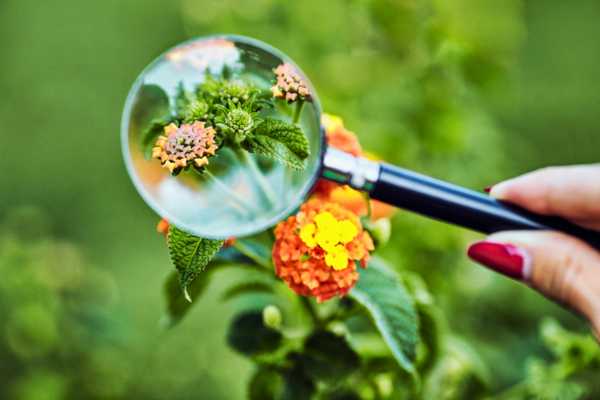
Pest control companies have access to powerful solutions that can address ant colonies of any size. They’re trained to apply treatments in A way that minimizes harm to plants, Beneficial insects, And the surrounding environment.
Maintaining Ant-Free Zones
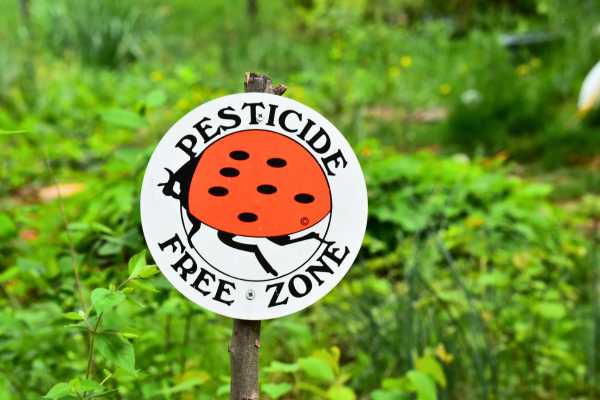
Once the ants are under control, It’s essential to prevent A re-infestation. Regularly inspect your garden for signs of ant activity. Remove leftover food, Keep compost bins sealed, And ensure there’s no standing water, As these can attract them. Consider creating barriers using natural deterrents like crushed eggshells, Coffee grounds, Or essential oils around the perimeters of your garden or specific plants.
Can I Use A Combination Of Methods To Control Ants?
Yes, You can use A combination of methods to control ants. Using multiple approaches can often be more effective in eliminating these pesky insects from your home or garden.
Firstly, It’s important to identify the type of ants you are dealing with as different species may require different control methods. Once you have this information, You can start by implementing preventive measures such as keeping your living spaces clean And free of food debris that may attract. Sealing any cracks or crevices where insects might be entering your home can help prevent their invasion.
You can try using natural remedies such as vinegar or lemon juice to deter ants from specific areas. These substances disrupt the scent trails that insects leave behind for others to follow. Furthermore, Ant baits containing boric acid or borax can be highly effective in eliminating entire ant colonies by luring them in And poisoning them.
If the infestation persists despite your efforts, It may be necessary to seek professional pest control services. They have access to more potent insecticides And specialized knowledge on how to effectively eradicate insects from your property.
Can I Use Chemical Pesticides In My Garden To Eliminate Ants?
Yes, You can use chemical pesticides in your garden to get rid of ants. It is important to exercise caution And follow the instructions provided by the manufacturer. Chemical pesticides contain toxic substances that can harm not only insects but also other beneficial insects, Plants, And even pets or humans if used incorrectly. It is advisable to choose A pesticide specifically formulated for insects And apply it directly to their nests or trails rather than spraying it indiscriminately across your entire garden.
You may want to consider using more environmentally friendly methods to control ant populations in your garden. For example, You can try natural remedies such as diatomaceous earth, Which is A non-toxic powder that dehydrates And kills ants upon contact. Maintaining good garden hygiene by removing food sources And sealing entry points can help deter insects from infesting your garden in the first place.
Conclusion
Dealing with ants in your garden to get rid of can be A frustrating And challenging task. By implementing the strategies mentioned above, Such as removing food sources, Using natural repellents, Creating physical barriers, And considering biological control methods, You can effectively get rid of ants And protect your garden. Remember to be patient And consistent in your efforts, As it may take time for the ant population to diminish. With persistence And the right techniques, You can achieve an ant-free garden that thrives. Take action today And reclaim your garden from these pesky invaders!
